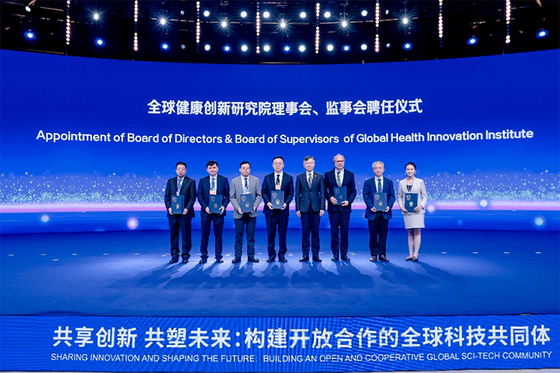Key Takeaways
- The Global Health Innovation Institute (GHII) has been established in China to develop affordable medicines for low- and middle-income countries.
- Supported by a $50 million grant from the Bill & Melinda Gates Foundation, GHII aims to address the underfunding of treatments for diseases like tuberculosis and malaria.
- China’s increasing role in global health is underscored by its position as a major supplier of pharmaceuticals and advancements in clinical trial processes.
GHII Aims to Transform Health Solutions
The Global Health Innovation Institute (GHII) was launched in China on September 22 to tackle the challenge of developing affordable medicines for low- and middle-income nations. This initiative arises from the persistent underfunding for the treatment of infectious diseases such as tuberculosis (TB) and malaria, attributed to market failures where profit motives do not align with the needs of impoverished populations.
Public health experts gathered for the launch stressed the significant gap between scientific breakthroughs and their availability in developing countries. Zhang Wenhong, director of China’s National Center for Infectious Diseases, highlighted that the structural challenges in distributing new medications impede their adoption, using the contrast between the swift acceptance of weight-loss drugs and the slow uptake of TB treatments as an example. He noted that the high cost of innovative TB therapies often prevents accessibility to those who need them most.
The GHII is the first nonprofit research and development organization in China focusing solely on global health issues, specifically targeting TB and malaria. It is a collaborative effort between the Shanghai Technology Innovation Center for Biomedicine Industry and Shanghai Jiao Tong University School of Medicine. With an initial $50 million grant from the Bill & Melinda Gates Foundation and additional support from the Shanghai city government, the institute aims to bridge the gap between laboratory innovations and real-world health applications in developing countries.
This initiative is particularly timely, given the World Health Organization’s recent warnings about a potential 40% drop in global health aid by 2025, which could severely impact health services worldwide. China’s growing biotech innovation ecosystem plays a vital role in global health initiatives, as evidenced by the increasing number of drugs sourced from China, which reached 30% last year and is projected to rise to 40% by early 2024.
China already produces a significant portion of the world’s active pharmaceutical ingredients for malaria treatments and is poised to further harness its manufacturing capabilities for innovative health solutions. Regulatory reforms facilitating faster clinical trial approvals complement this growth, as do advancements in China’s domestic drug development capabilities.
Despite these opportunities, challenges remain, particularly regarding local companies’ understanding of the healthcare realities in low-income countries. GHII plans to address these issues by focusing on practical and affordable health solutions. Recent advancements, like a new all-oral treatment regimen for TB, exemplify the potential for improved outcomes. Zhang’s team reports over 80% success rates within just a few months, demonstrating the need for both advanced and widely accessible technologies to combat TB effectively by 2035.
The content above is a summary. For more details, see the source article.















